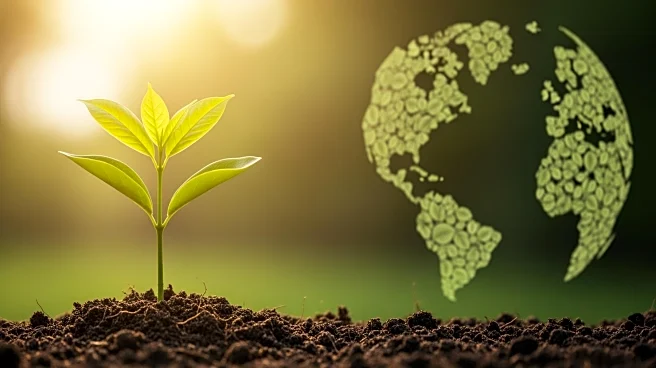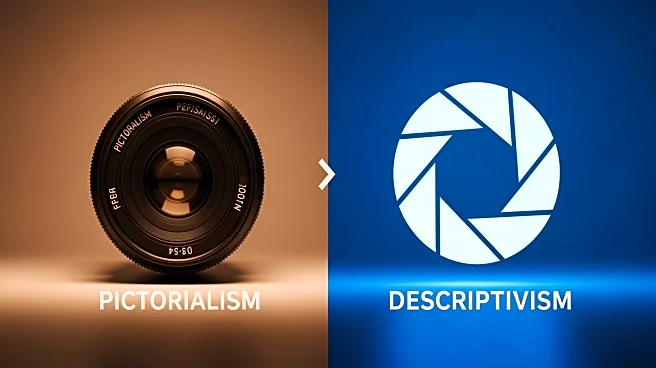What's Happening?
The World Economic Forum (WEF) has released a report indicating that the global green transition is expected to generate a net gain of 9.6 million jobs by 2030. Despite the phasing out of 2.4 million roles in higher-carbon industries, the transition to cleaner
energy is projected to create five new jobs for each one lost. The report highlights challenges such as rising costs, uneven access to finance, and technology gaps.
Why It's Important?
The green transition presents significant opportunities for job creation and economic growth, particularly in the U.S. where clean energy initiatives are gaining momentum. This shift can lead to increased investment in renewable energy and sustainable technologies, benefiting industries and workers. However, the transition also poses challenges, such as job displacement and the need for social protection systems to support affected workers.
What's Next?
As the green transition progresses, businesses and governments may need to focus on developing policies that support workforce retraining and social protection. Access to finance and technology will be critical in ensuring a smooth transition. The U.S. may see increased collaboration with international partners to address these challenges and leverage opportunities in the green economy.
Beyond the Headlines
The transition to a green economy could lead to long-term shifts in global economic structures, with implications for trade, investment, and geopolitical relations. The U.S. may play a key role in shaping international policies and standards for sustainable development.
















